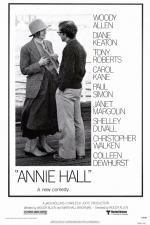Paul: The Pagans' Apostle
Book
Often seen as the author of timeless Christian theology, Paul himself heatedly maintained that he...
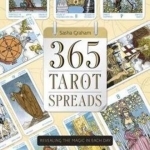
365 Tarot Spreads: Revealing the Magic in Each Day
Book
Navigate important life choices with a tarot spread for every day of the year! 365 Tarot Spreads...
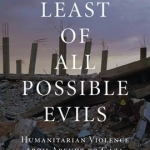
The Least of All Possible Evils: Humanitarian Violence from Arendt to Gaza
Book
The principle of the "lesser evil"-the acceptability of pursuing one exceptional course of action in...
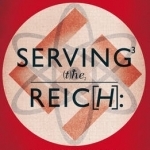
Serving the Reich: The Struggle for the Soul of Physics Under Hitler
Book
Serving the Reich tells the story of physics under Hitler. While some scientists tried to create an...
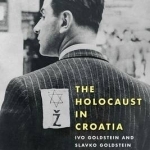
The Holocaust in Croatia
Slavko Goldstein and Ivo Goldstein
Book
The Holocaust in Croatia recounts the history of the Croatian Jewish community during the Second...
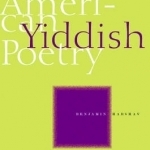
American Yiddish Poetry: A Bilingual Anthology
Benjamin Harshav and Barbara Harshav
Book
This remarkable volume introduces to the large English-speaking audience what is probably the most...
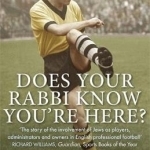
Does Your Rabbi Know You're Here?: The Story of English Football's Forgotten Tribe
Book
Ever since the children of penniless immigrants caught the train from Whitechapel to White Hart Lane...
Mike Birbiglia recommended Annie Hall (1977) in Movies (curated)
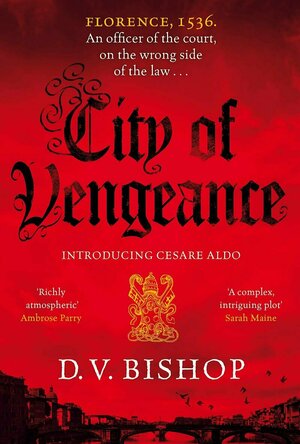
City of Vengeance
Book
City of Vengeance is an explosive debut historical thriller, set in Renaissance Florence. ...
Historical Fiction Renaissance Italy Florence
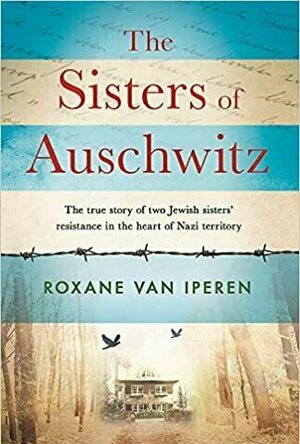
The Sisters of Auschwitz
Book
They knew their survival depended on each other. They had to live for each other. It is 1940 and...

